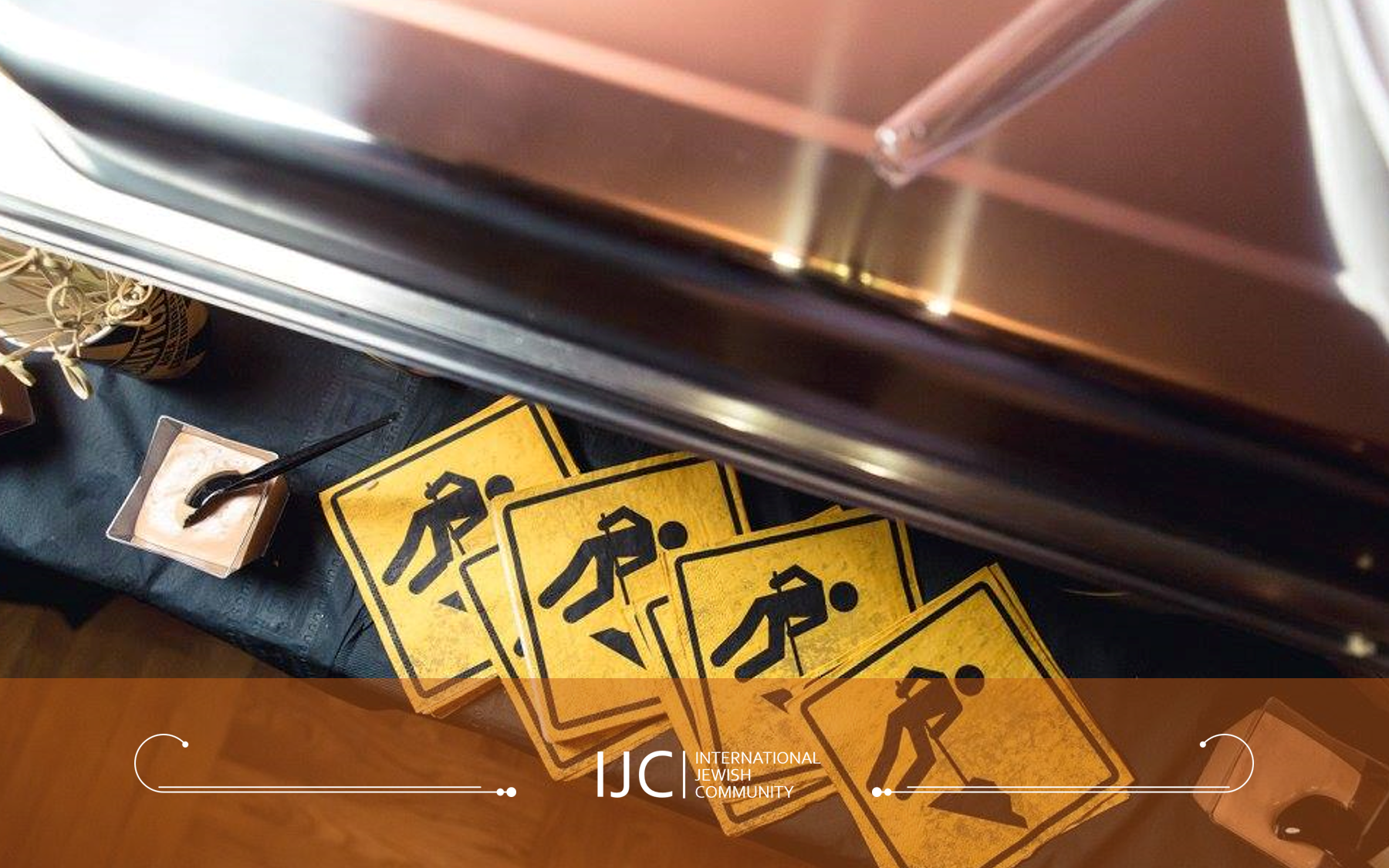
Purim Wrap
Dear Friends,
Words cannot describe the feelings of excitement that follow this year’s Purim Celebration.
We feel surrounded by a warm community that is starting to feel more like a family.
As the Purim Party was coming closer we realized how much goes into hosting a party in our own venue!
Nothing prepared us for the wave of help and support we got, both for this event and for the future.
We are embarking on a journey, making this new building into a home. This will be a journey we will be taking together. We feel it already!
There is a wonderful 16th century commentary on Megillat Esther written by Rabbi Shlomo Ha-Levi Alkabetz, a learned Sephardic scholar. He was not only a famous sage and Kabbalist, he also composed the beautiful poem, Lecha Dodi, which we sing every Friday night.
Rabbi Alkabetz asked an interesting question: Why is it that on Purim we have the unique mitzvah of giving gifts to friends?
Let’s explore: We all know Haman was the quintessential anti-Semite. Yet even so, how did he manage to endanger the future of the Jewish People? The answer lies within the words he used to state his case to the king. He described the Jews as, ‘Am -echad mefuzar umeforad’, one nation that is scattered and divided.
Instead of displaying unity, love and care for one another, the Jews were fragmented. Haman pointed out their vulnerability and this division created the possibility of a successful attack.
Ironically, it was Haman’s decree to slay the Jews that ultimately triggered reunification. Esther’s first instruction to Mordechai was to, “Go, gather all the Jews”. She told him to bring the Jewish People together to pray and defend themselves. And, in the end, with a couple of miracles thrown in, Haman was defeated.
This, Rabbi Alkabetz says, is the reason we send gifts to each other on Purim. It fosters feelings of closeness and care, strengthening the mitzvah to “love your neighbor as yourself,” establishing harmony throughout the Jewish People.
The only way to defeat the evil ‘Hamans’ of history is to create strong bonds of love and friendship amongst Jews. When there are divisions, our enemies may have a window of opportunity to (G-d forbid) prevail. If we stand together as Jews, nobody can conquer us!
Thank you for standing together, together with all of us! It’s going to be a journey well traveled!



Recent Comments